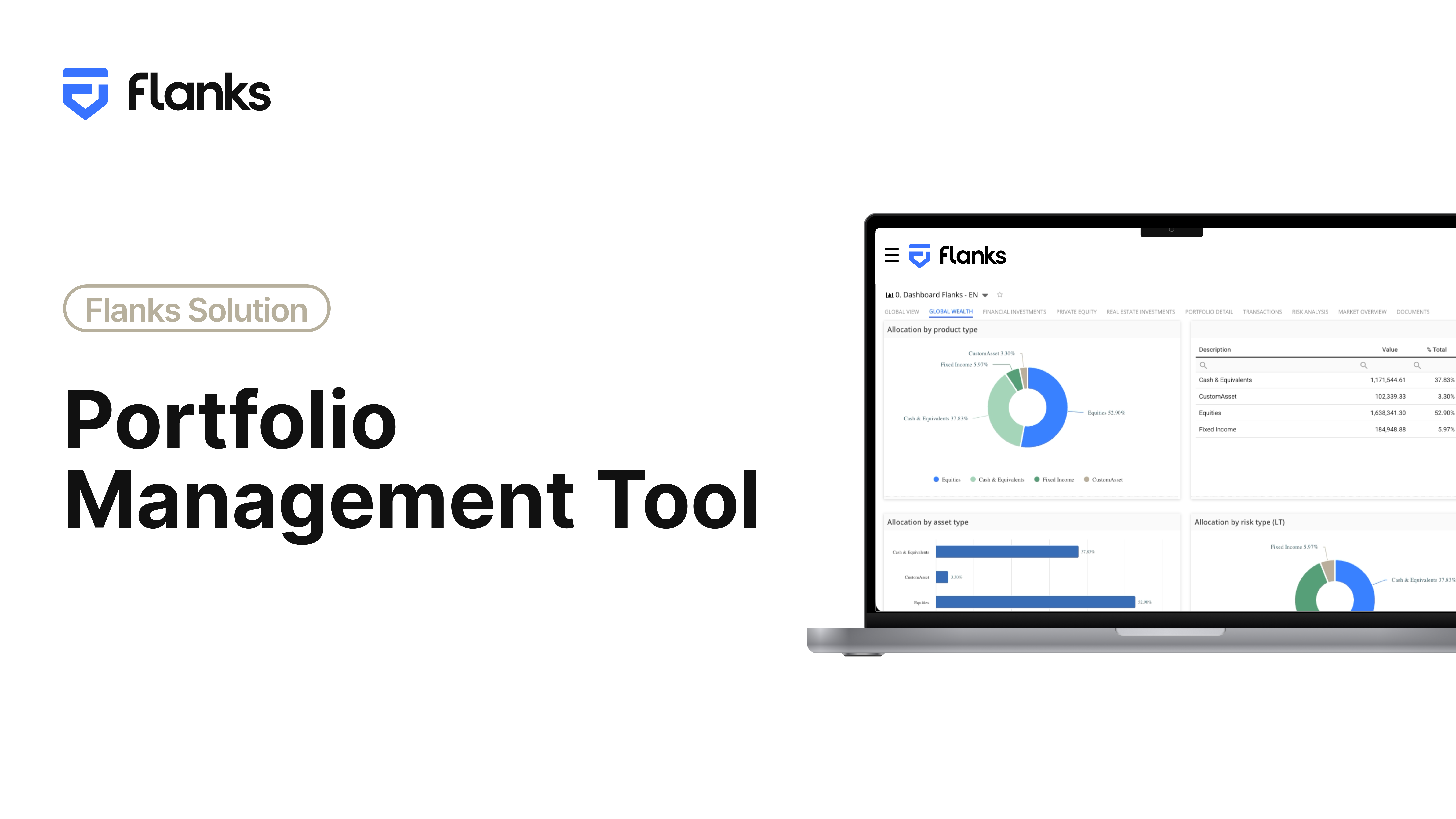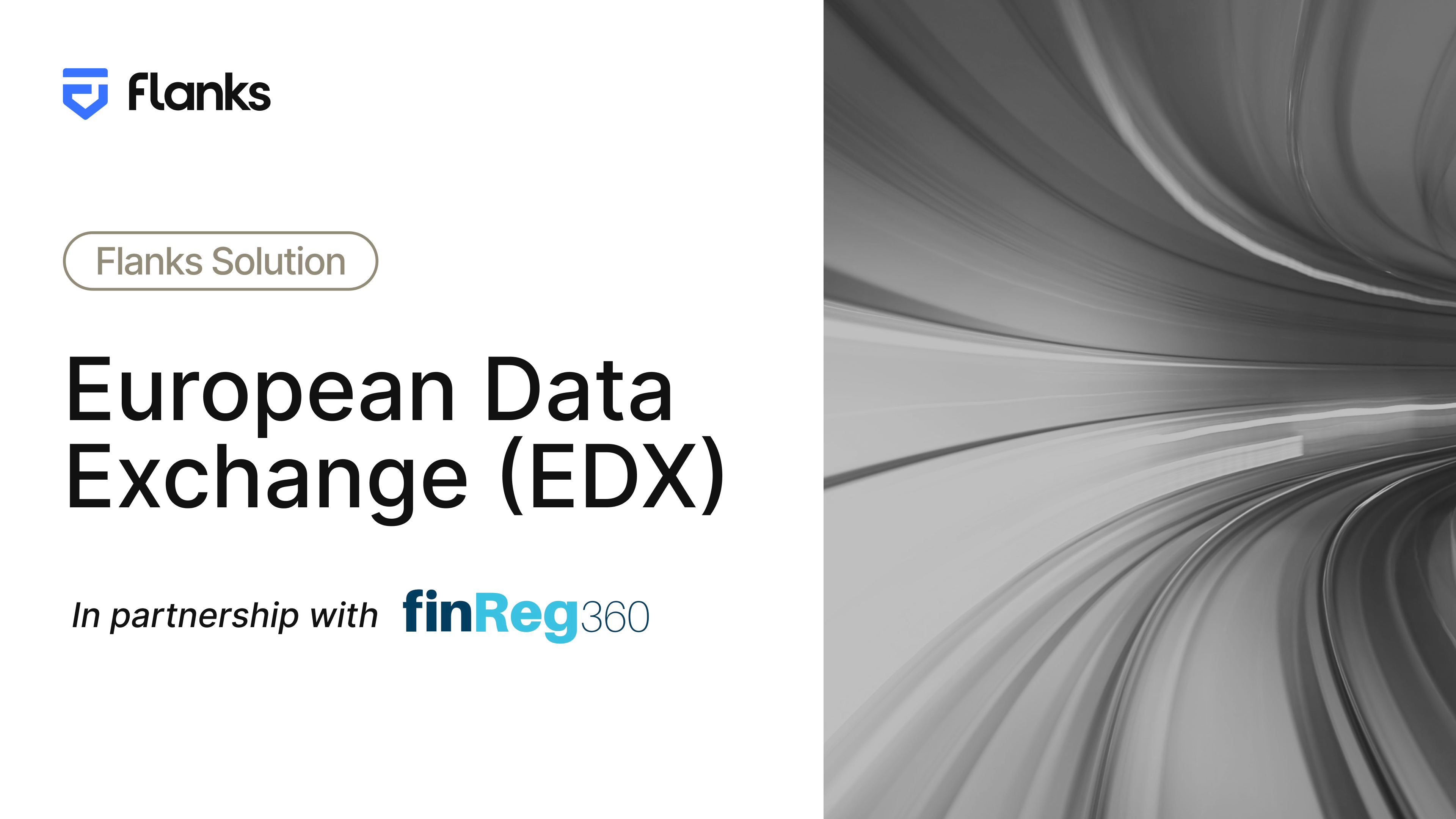The Retail Investment Strategy (RIS), part of the European Commission’s broader push for financial inclusivity and capital markets integration, is poised to significantly reshape the wealth management industry across Europe.
Designed to empower retail investors, RIS will introduce stricter transparency rules, limit inducements, and push for fairer pricing structures — opening the door to greater participation in EU capital markets, where household investment remains below global benchmarks.
But while the RIS aims to level the playing field for investors, it introduces new compliance requirements and competitive dynamics for wealth managers.
What is the Retail Investment Strategy?
The Retail Investment Strategy is a regulatory package proposed by the European Commission with the goal of strengthening investor trust, enhancing market transparency, and protecting retail investors from unfair practices.
Key Objectives of the RIS:
- Improved access to information: retail investors will gain access to relevant, comparable, and easy-to-understand investment information.
- Enhanced trust in financial advice: Advisors must prioritise the client’s best interest in all recommendations.
- Protection from misleading marketing: tighter regulation on product promotions, particularly through digital and social media channels.
- Reduction of excessive fees: fee structures will be scrutinised to ensure investors get fair value for their money.
Why the RIS matters for wealth managers
While the RIS focuses on retail investor protection, wealth managers will feel the effects across multiple fronts — from compliance and pricing models to digital transformation and data capabilities.
Here’s how the strategy is expected to impact the industry:
1. Stricter inducement rules & fee transparency
RIS proposes a potential ban on commissions for execution-only investment services, along with increased disclosure of advisory fees.
This will challenge traditional fee-based models, pushing firms toward value-driven pricing structures.
What this means:
Wealth managers must be prepared to justify their fees with clear, measurable client value — and communicate that value effectively through digital channels and reporting tools.
2. Data aggregation and personalisation
As investment aggregation tools become more widespread and investor comparison becomes easier, firms must go beyond generic advice.
What this means:
Wealth managers will need advanced analytics and segmentation capabilities to offer personalised investment strategies — or risk falling behind more nimble, tech-driven competitors.
3. Digital transformation as a strategic differentiator
RIS also introduces tighter controls on how products are promoted and disclosed — especially across digital platforms.
What this means:
Firms will need to invest in modern, compliant digital tools that support marketing, onboarding, disclosure, and advisory processes — including AI-driven investment services.
Implementation timeline
The RIS is currently under interinstitutional negotiation between the European Parliament, the Council of the EU, and the European Commission. The final regulatory text is expected by Q2 2025, with enforcement likely starting in 2026/2027.
Strategic priorities for wealth managers
To stay ahead of RIS and remain competitive, firms should act now. Here’s where to start:
- Review and adapt fee structures: Shift toward transparent, value-based pricing.
- Leverage data analytics: Strengthen client insights and enable hyper-personalised advice.
- Strengthen compliance frameworks: Ensure marketing, disclosures, and recommendations meet transparency standards.
- Invest in digital innovation: Build scalable, tech-enabled client engagement and advisory capabilities.
Final thought: RIS is a catalyst, not just a constraint
The Retail Investment Strategy presents both a challenge and an opportunity.
Firms that act early can not only stay compliant but also differentiate themselves through transparency, personalisation, and trust.
By combining regulatory alignment with innovation, wealth managers can turn RIS into a long-term competitive advantage.
Curious how security fits into all this?
Discover how Flanks handles secure financial data aggregation in our blog:
How Flanks Addresses Security: A Closer Look at Our Foundations of Trust
Want to understand the broader regulatory context?
Read our full breakdown of 2025 Regulatory Changes in Wealth Management, where we cover PSD3, FIDA, and ESG regulation in detail.
Access the whitepaper:
About Flanks
Flanks est une entreprise WealthTech qui redéfinit le secteur grâce à des analyses basées sur les données et à l’automatisation. Sa plateforme tout-en-un permet à des milliers de conseillers de fournir des conseils plus rapides, de haute qualité et personnalisés, en transformant des données patrimoniales complexes et fragmentées en informations exploitables. Conçue de manière modulaire, la plateforme permet aux clients de commencer avec Flanks Aggregate pour centraliser les données financières, puis de se développer avec Flanks Lume pour un enrichissement et une analyse plus approfondis.
Fondée en 2019 à Barcelone, Flanks a été créée par les ingénieurs en logiciel Joaquim de la Cruz et Sergi Lao, ainsi que par l’ancien responsable mondial de la banque privée de Santander, Álvaro Morales. L’entreprise allie technologie avancée et expertise financière approfondie pour servir les banques, les family offices, les fournisseurs de pensions, les gestionnaires d’actifs externes et les entreprises technologiques.Founded in 2019 in Barcelona, Flanks was created by software engineers Joaquim de la Cruz and Sergi Lao, together with former Santander Private Banking Global Head Álvaro Morales. The company combines advanced technology with deep financial expertise to serve banks, family offices, pension providers, external asset managers and tech companies.flanks.io.





.png)




